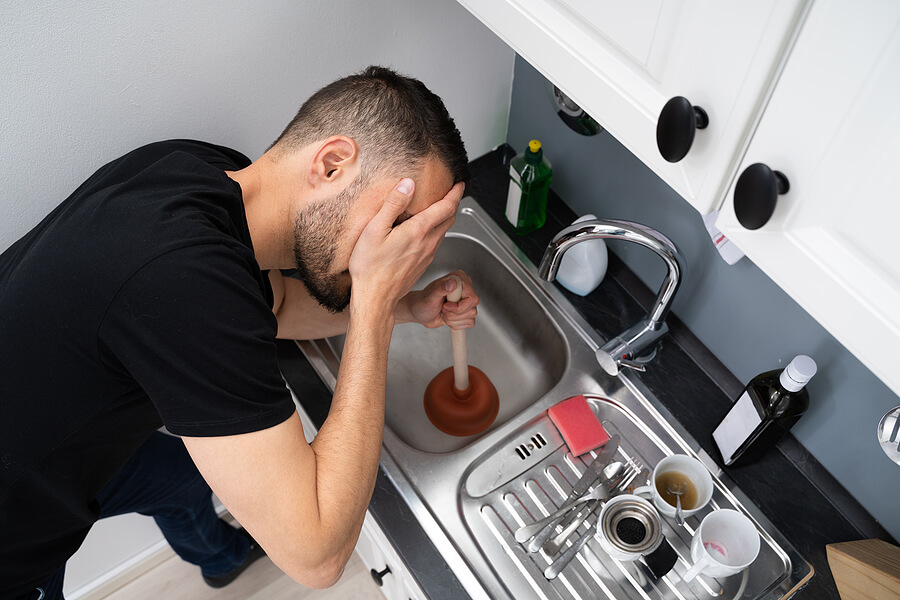
As a society, we’re notorious for just throwing things away without giving them a second thought. Things that can be recycled go into the general waste, and things that can’t somehow always creep into the recycling bin. It can be tricky to understand the various plastic types, and even more so to cut down on plastic usage. That’s when things often end up in the wrong place, with much of it sadly going down our drains.
After decades of pouring things away without giving it a second thought, our sewage systems are beginning to take a toll. Even more worryingly, much of it is ends up in our water sources, harming our health and contributing to ocean pollution.
Take the plunge into murky waters to help clean up the planet when you get involved with Unblocktober 2021.
What is Unblocktober?
Unblocktober first launched in 2019, when more than 4,500 British nationals pledged to make active changes from home to improve the health of our drains and sewers. The number of pledgers then rocketed to 14,500 in 2020, with the hope for more to join this year.
The aim is to clean up our drains, watercourses, and oceans for the benefit of aquatic life and improved water quality. A national campaign, Unblocktober takes place every year throughout the entirety of October, giving the public plenty of chance to learn more and get involved.
Why is Unblocktober important?
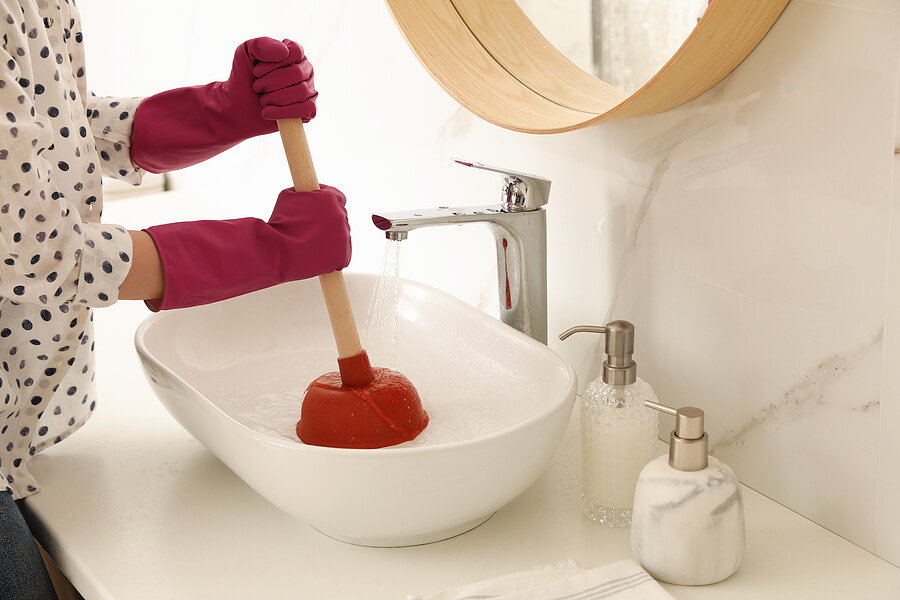
The rates of plastic waste dumped into our oceans are staggering, with more than 8-million tonnes of plastic filtering into waves every year in the UK alone. Alongside other products like cooking oil, grease, and toiletry products, non-biodegradable items have no place in our drainage system.
However, it seems that much of the public doesn’t know for sure what can and can’t be flushed or washed away. 21% of Britons admitted to still flushing wet wipes down the toilet, with 48% also pouring cooking fat and oils down the kitchen sink. The problem is that, over time, these products cause detrimental blockages known as fatbergs, which are congealed rock-like masses formed from non-biodegradable blockages.
Fatbergs stick in our drains and sewers, making it difficult for water to pass through. Some masses can be as large as 64 metres long, a monstrous form holding a plethora of bacteria that contaminate our waterways. It’s a serious problem that not enough people know about, which Unblocktober is hoping to tackle.
How has the COVID-19 pandemic impacted drains?
COVID-19 devasted the world in 2020, and we’re still seeing the effects today. Something that took a significant toll due to the pandemic was the public’s recycling habits.
Aside from a surge of non-biodegradable face masks and rubber gloves, people were left with fewer options to recycle in ways they usually would. Charity shops and recycling centres closed during lockdown periods and, when open, were limited to how many people could visit and dispose of items at once.
This led to many simply throwing items that should be disposed of in a specific way into their standard waste bins. Once bins were full, the country saw a 300% increase in fly-tipping.
Because the limitations of the pandemic had such an effect on recycling habits, this year’s Unblocktober campaign is more important than ever before.
Understanding the effects of water pollution
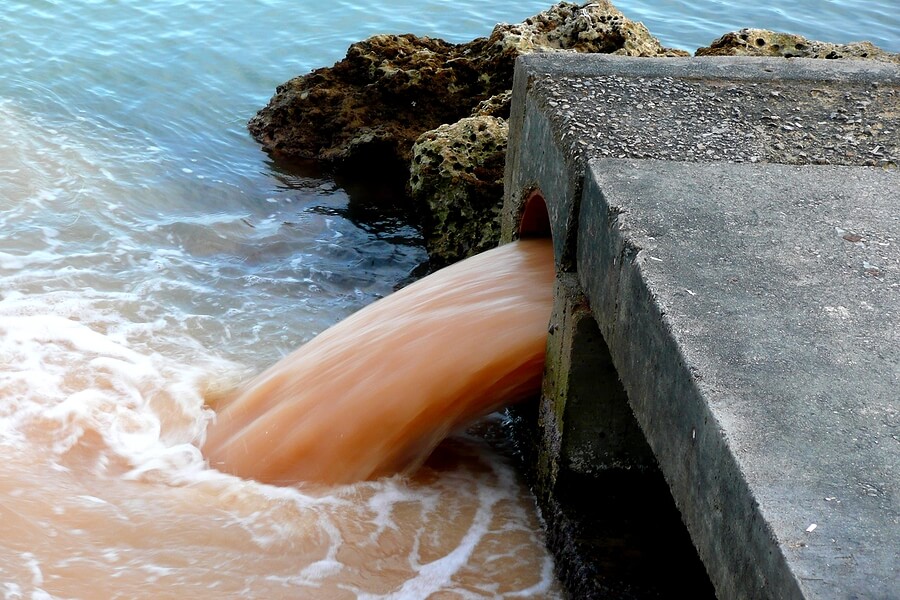
One of the main downfalls of improper drainage disposal is water pollution. When we dispose of things we shouldn’t down our sinks and toilets, we are creating a toxic stream of staggering environmental impact.
According to the UN, an estimated 80% of wastewater that is corrupted by oil, plastic, and chemicals flows straight into our waters without ever being treated. Microplastics are consumed by seafood that we then eat ourselves, and water is contaminated by sewage waste. An estimated 2-billion people worldwide are believed to be drinking from water contaminated water sources, which can cause sicknesses like diarrhea and cholera. To ensure we have clean drinking water, we need to keep our drains clean of items that can block and contaminate our sewers.
Which items should I avoid putting down the drain?
Unblocktober 2021 teaches the public how they can make small changes that make a big difference. By simply understanding what can and can’t go down the drain and how to safely dispose of the things that can’t, we can slowly but surely clear our drainage systems to ensure cleaner waters.
Here are some things you should never simply pour away and what you should do with them instead.
Cooking oil
Things like olive or sunflower oil are staples in the average kitchen. However, it’s also one of the leading causes of drain blockages.
Instead of pouring oily remnants down the sink, cooking oil should be sealed in an air-tight container and disposed of in your food waste bin.
Food and sauces
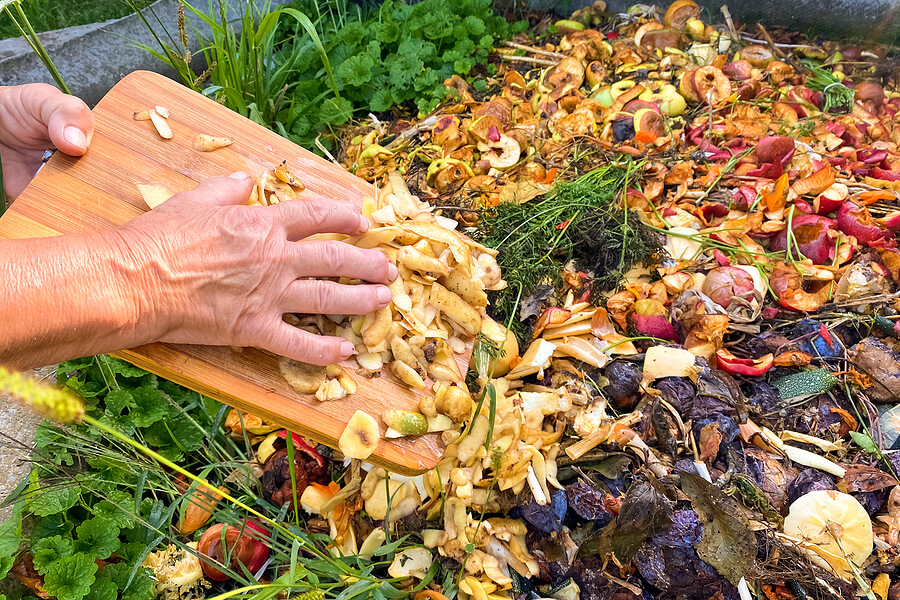
Save yourself and your plumber time and hassle by throwing it straight into the genal waste bin. If you find that you are regularly throwing away leftover food, look into how you can reduce your food waste. Let them cool and harden slightly before throwing away things like sauces, soups, and milk.
Butter, margarine and lard
If you’ve not managed to scrape up the last of the butter or margarine onto your morning toast, then it will need to go into the food bin. Use a butter knife or spoon to scoop it from the tub and wipe it clean with a wet reusable towel.
Unfortunately, plastic tubs for butter and margarine cannot be recycled, but they can be upcycled for home storage. You might want to decorate them, but they’re very handy for storing rice and grains in your cupboards.
Wet wipes
Most wet wipes aren’t biodegradable and can take up to 100 years to disappear once they reach the landfill. This means they can’t be flushed down the toilet. Help keep oceans clean and stop your toilet from clogging by simply throwing them in the general waste bin.
Some planet-conscious brands are now releasing biodegradable wet wipes. Made from organic cotton, these are safe to flush but are still recommended to be thrown away. While still going to the landfill, they’ll be gone much quicker than usual wipes.
Period products
Around half the population experience periods every month, so there’s a great demand for period products. However, tampons are notorious for blocking drains, so they should instead be wrapped in tissue paper and thrown into the bin.
Like wet wipes, there is an emerging trend of biodegradable tampons that can be composted as well as thrown in the bin. Because of their organic cotton, biodegradable tampons will break down within five years. However, because it still takes a while, they shouldn’t be flushed.
Nappies
Parents have a lot to handle, so it’s no surprise many would rather reach for disposable nappies to make life a little easier. However, nappies can greatly impact the environment and equate to an average of 3% of household waste. Inevitably, they’ll either be left in a landfill or burnt in a furnace as they aren’t biodegradable.
Most nappies need to be thrown in the general waste bin. They also need to be safely wrapped up as they can be a potential health hazard. For environmentally-conscious parents, you can find reusable cloth nappies that you can wash at home.
Condoms
Like nappies, used condoms need to be safely disposed of in the general waste bin. Because of the material, they can easily block drains and either be consumed or wrapped around aquatic life, further contributing to ocean pollution. To safely get rid of a condom the right way, tie a not at the open end of the condom and tightly wrap it in toilet paper to then put it in the bin.
Cotton buds
Most cotton buds aren’t recyclable and are one of the main forms of plastic found in the ocean, with an estimated 1.8-billion cotton buds used every year in the UK. However, this number is expected to dwindle as people reduce their supplies as the UK government banned plastic straws, stirrers, and cotton buds in October 2020.
The new eco-friendly alternative is bamboo-stemmed cotton buds. A natural swap from the traditional plastic options, these cotton buds are biodegradable and cause less harm to our drainage systems and water sources.
Contact lenses
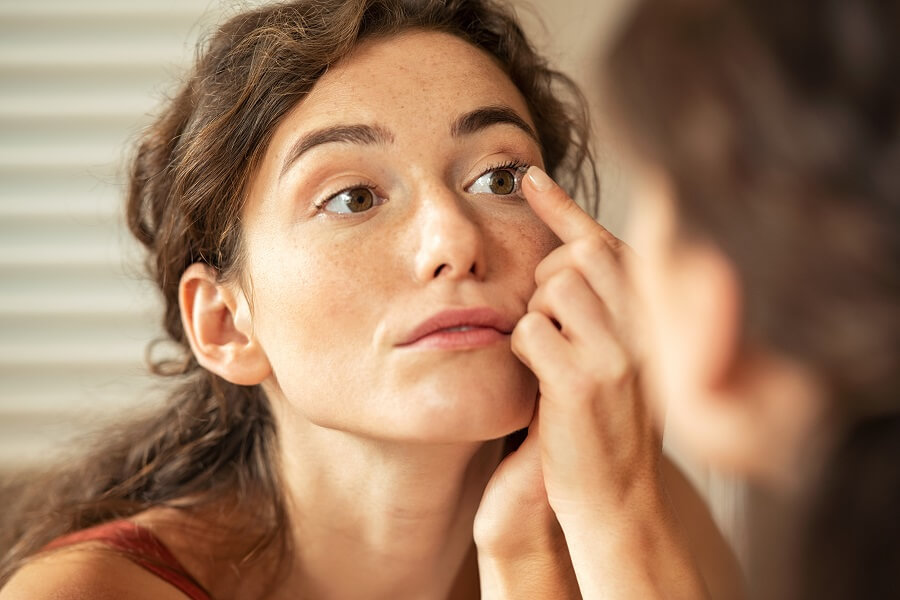
While the packaging your contact lenses come in is widely recycled, the lenses themselves are not. They’re typically made from plastic materials like hydrogel, so they cannot be easily broken down. Some geographic areas offer specialist recycling options for lenses, but they will usually need to be put in general waste.
Plasters and bandages
Plasters and bandages come under clinical waste but are find to throw in the general waste bin when at home. Like nappies and condoms, they carry bacteria that are unsafe. Wrap them up in tissue paper before throwing them away.
Dental floss
A type of plastic, dental floss cannot be recycled, so needs to go in general waste. Most dental floss found in the average bathroom is made with nylon coated in synthetic wax. They easily wrap around things and get stuck, causing problems for sea life, so they shouldn’t be washed down the drain under any circumstances.
Some brands are now introducing biodegradable options using silk fibres. While they will still end up in the landfill, they will break down quickly without releasing toxins into the environment.
Razor blades
While the blade is metal, most disposable razor blades are made from a mix of plastic materials that cannot be recycled. If you need to get rid of them, then they must be safely wrapped and thrown away safely.
However, the best option is to buy a reusable razor, so you only ever need to replace the blades. Store the used blades in a safely sealed tin, then take them to your local recycling point to be properly discarded.
Final thoughts
When it comes to getting involved with Unblocktober this year, the main thing is understanding what shouldn’t go down to the drain and how to dispose of it properly. Hiring a skip is an excellent solution if you have a big clear-out and want to do it correctly. It’s quick, convenient, and ensures that your waste is disposed of the right way.
Do your best for the planet this Unblocktober, and take a moment to think before flushing to the brink.